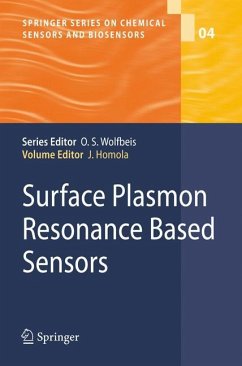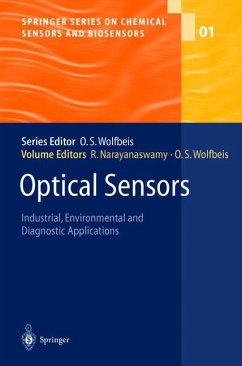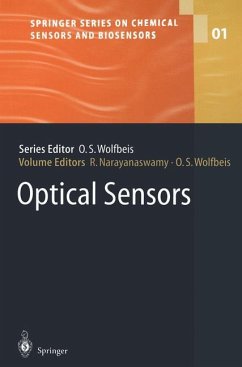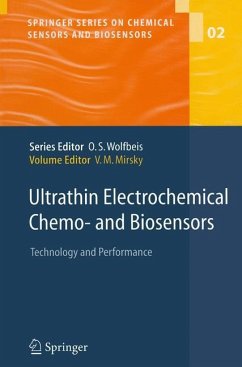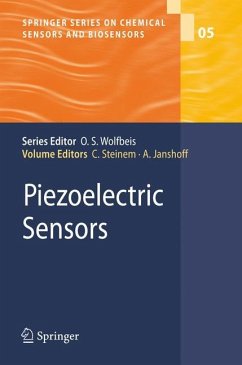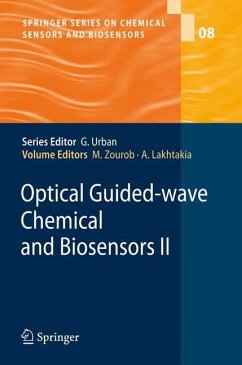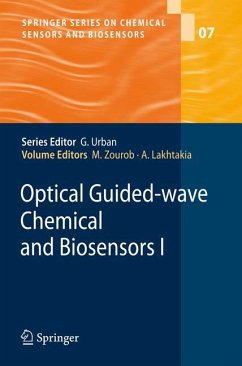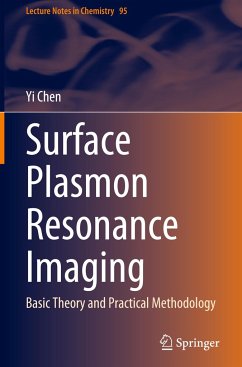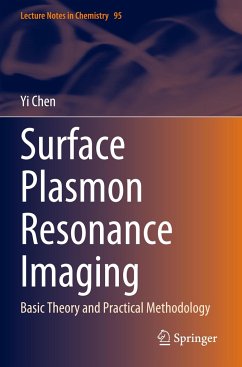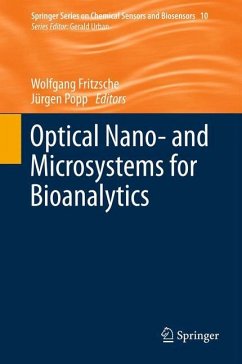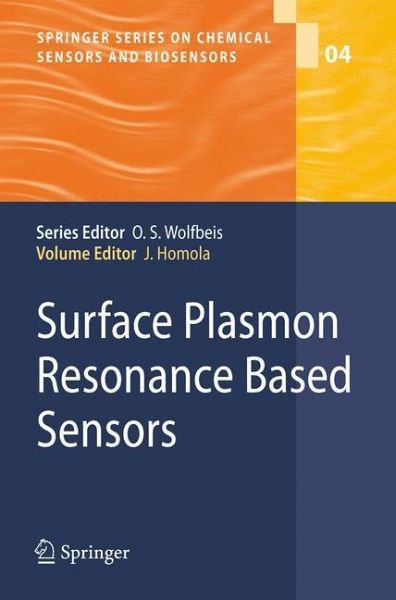
Surface Plasmon Resonance Based Sensors

PAYBACK Punkte
42 °P sammeln!
Over the last two decades, surface plasmon resonance (SPR) sensors have attracted a great deal of attention. This volume of Springer Series on Chemical Sensors and Biosensors provides a comprehensive treatment of the field of SPR sensors. The book is divided into three parts. Part I introduces readers to the fundamental principles of surface plasmon resonance (bio)sensors and covers the electromagnetic theory of surface plasmons, the theory of SPR sensors and molecular interactions at sensor surfaces. Part II presents a review of the state of the art in the development of SPR sensor instrument...
Over the last two decades, surface plasmon resonance (SPR) sensors have attracted a great deal of attention. This volume of Springer Series on Chemical Sensors and Biosensors provides a comprehensive treatment of the field of SPR sensors. The book is divided into three parts. Part I introduces readers to the fundamental principles of surface plasmon resonance (bio)sensors and covers the electromagnetic theory of surface plasmons, the theory of SPR sensors and molecular interactions at sensor surfaces. Part II presents a review of the state of the art in the development of SPR sensor instrumentation and functionalization methods. Part III discusses applications of SPR biosensors for study of molecules and their interactions and detection of chemical and biological analytes related to environmental monitoring, food safety and security and medical diagnostics.




